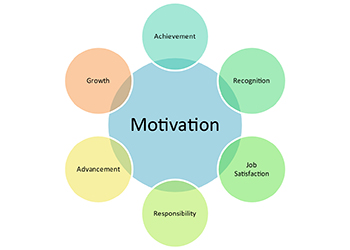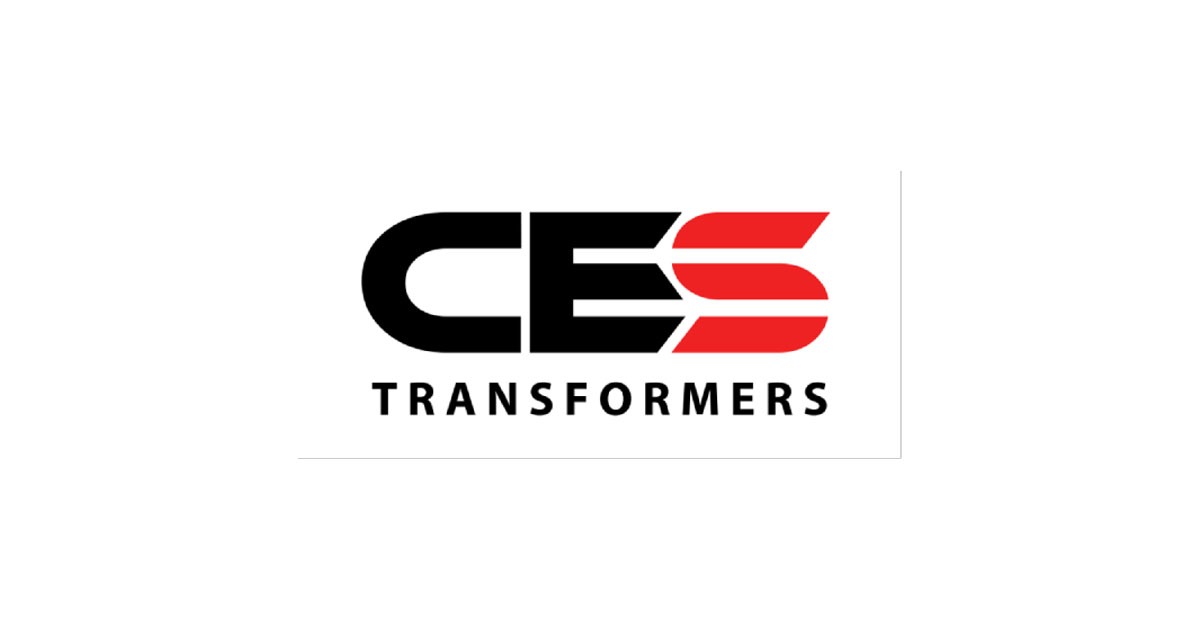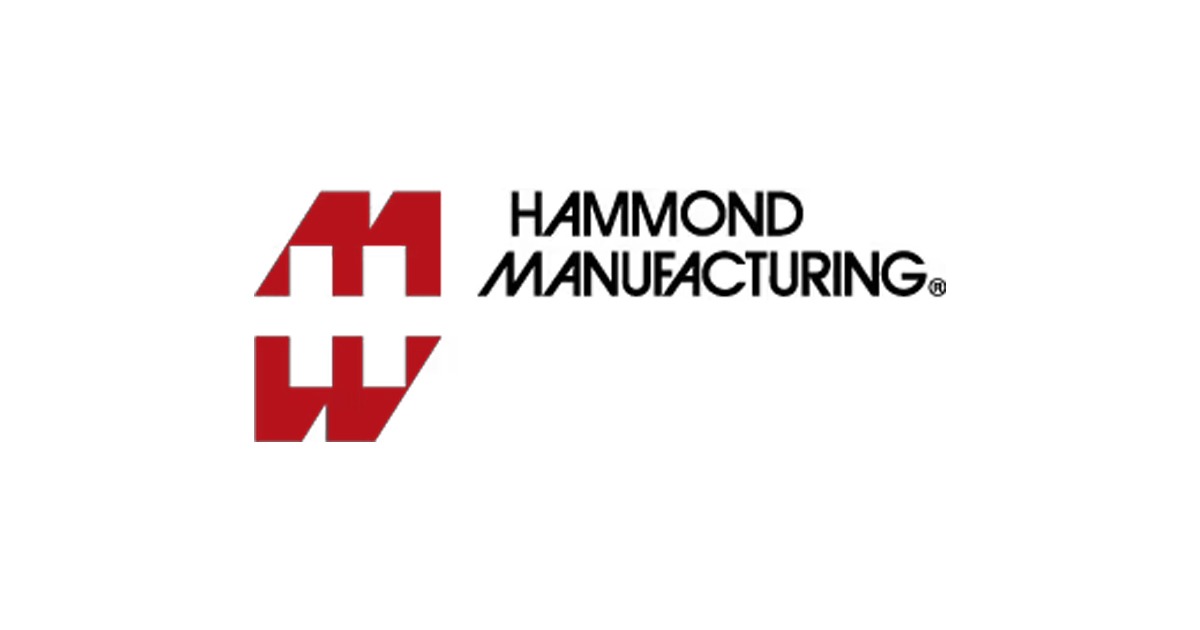Motivating and Retaining the New Generation of Employees

Over the next 10 years, there will be a change of the guards. Even if it’s trendy with baby-boomers to say, “I will never retire” or “Those who retire die sooner,” our parents’ generation will be forced out by a new and younger generation. A good mix of X and Y generation will slowly take the big earnings positions in many companies.
The challenges awaiting this new breed of leaders will be very different from the challenges that our parents were facing when they came into office. One of the most important questions confronting our new leaders will be, “How do I retain and motivate the key employees in my organization?” This question will be just as important for a company of 5 or 5000 employees.
This article will not help you understand the generation differences that will be highlighted in this changing of the guards, or the consequences of Canada’s evolving demographic portrait. It will simply offer a few ideas on how to retain, engage and motivate the future leaders of your organization.
Lets assume that tomorrow’s leaders are between 35 and 45 years old today (mainly generation X) and they will be surrounded by mostly peers of their own age and some younger directors (mostly generation Y). What will they have to do differently from what today’s business decision-makers are doing?
Having dealt with many executive in a wide array of sectors, one issue seems to be more and more present… human resources. The train of thought of most organizations used to be, “Who cares if you quit, there are 25 people waiting for your job.” There was no need for motivation or higher compensation because it was an employer’s market where labour was easy to find and often required little training. These days, human resources are just as important as the raw materials or equipment. Our jobs are increasingly specialized, our economy is moving from manufacturing to service, and so on. The quality of your staff will directly influence the performance of your company. So, influence on financial results = priority for a company.
The question remains: how do we motivate employees?
A psych major could have a field day with this question, easily filling a few hundred pages on the subject. But let’s keep things simple here.
First of all, as an employer my first assumption was that none of my employees worked for money. When dealing with manufacturing labour, most employees could get a similar paying job working at Tim Hortons or any other entry level positions. There are fundamental reasons why these employees came to work this morning:
• it may be close to their home
• they enjoy the people they are working with
• they enjoy the hours and flexibility of the job
Everybody has their reasons. Stop thinking that money is the only one.
The following link is a great little video on what really motivates our employees. It also touches a very important concept motivation vs. engagement. https://www.youtube.com/watch?v=u6XAPnuFjJc
Key words to remember: autonomy (self-direction), mastery (training) and purpose (objective).
Set a goal
The first book my father gave me to read was called Psycho-Cybernetics, written by Maxwell Maltz and published in 1960. In its essence, the book describes our brain as a heat seeking missile. If you give it a clear target, your brain will find a way to make it happen. Without giving the author too much credit, this book probably invented the movement of goal setting and visualization. The essence of giving your employees a clear goal is key to motivating their performance.
In most of the projects we undertake as management coaches, we almost always ask a key question of every manager we are working with: “How do you know if you had a good day or a bad day?” You would be surprised by the answers we get. But what is most surprising are the answers we never hear: “It’s a good day when we reach 600 units produced,” or “when I attain 100 units per person hours,” or “When we have 0 defects and 0 injuries.” These are all goals set by companies but very rarely communicated to lower management and/or employees.
The same principles apply to a sales representative, plumber or electrician. If they do not have a clear sense of what they are supposed to accomplish, motivating them will be very difficult. And please, do not communicate a goal that the company wants to make $1 million in profit this year. This will in no way motivate an employee who is not participating in corporate profit sharing. Instead, give your company a purpose.
Creative = exciting
After a clear purpose had been communicated, it is management’s responsibility to be creative in the way it engages employees. There are 10,000 ways for a company to motivate its employees after having clearly stated the purpose. You don’t want to motivate employees so they come to work in the morning. You want to motivate your employees so they become engaged in your company’s purpose.
Want ideas: bring your dog to work day, wear jeans for a good cause day, monthly happy hour with spouse and families, yoga lunches, renovate the cafeteria, set up a gym with a shower, a napping room, a reading room, etc.
Justin Fugère is President of Excel-Op Consulting. On top of his experience as a management consultant and coach, Justin has also held positions as a sales manager in the electrical industry and plant manager in the food industry. Tel: 514-886-4244; justinfugere@gmail.com.










